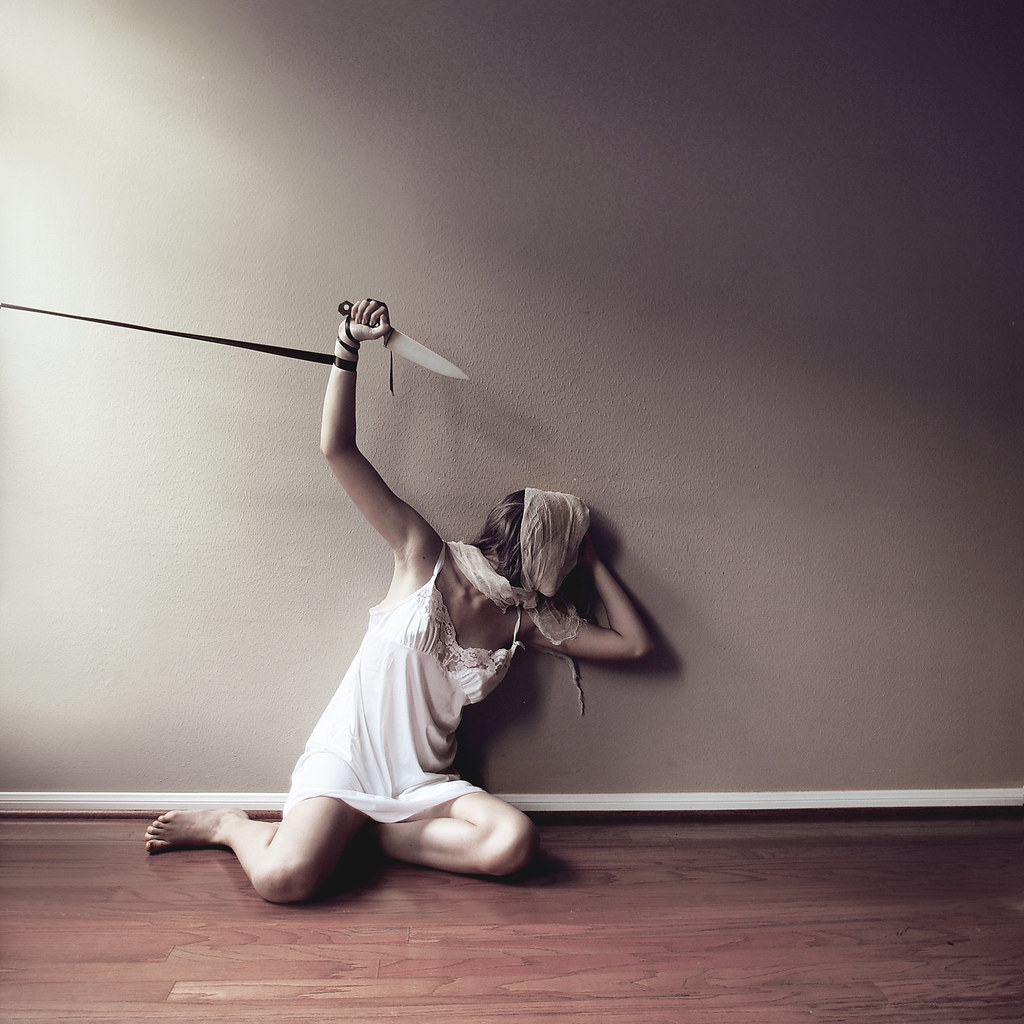Many of us have fears to a certain extent but for some people, these common fears will develop into a phobia. Phobia is an illogical fear of a particular situation or a specific thing that compels one to avoid, despite reassuring that it is not dangerous. Today phobias are commonly found among everyone. There are various types of phobias that are easy to acquire and easy to lose too. Phobias shouldn’t be confused with common fears, such as being afraid of a lion as that is a normal protective reaction to preserve ourselves. In this article, we are going to discuss a type called “autophobia” which means “fear of being alone”. This type of fear is most commonly found among adults than in children. Let’s find out what the autophobia symptoms are, their causes and how to overcome them.
How to differentiate between fear and phobic response?
It is easy to get afraid of anything. Fear is a negative experience with the object or certain situations. For instance, some people are afraid of dogs from their childhood and it continues even in adulthood. Such fears cannot harm anyone or go to any dangerous extent. But if you are phobic, you will suffer from severe physical and emotional symptoms. These symptoms cannot be controlled and may affect your loved ones to a great extent.
How to define autophobia?
Autophobia is anxiety and fear when you have to spend time alone or even think about it. This affects the person’s life to a great extent. There is no official definition for this type of phobia. Autophobia is composite and it is often difficult to differentiate it from post-traumatic stress disorder, fears of abandonment, and separation anxiety disorder. The sudden fear arises to a person with autophobia when they think about being alone and they cannot obtain calmness even if they know they’re safe.
Autophobia vs loneliness
Loneliness means a negative emotion that occurs when the person does not have any social interactions or meaningful connections.
Suffering from autophobia involves having anxiety throughout the time period spending alone. This may create various physical and emotional symptoms that affect their day-to-day life.
What are the symptoms of autophobia?
In general, most phobias have the same set of symptoms.
Physical symptoms include:
- Rapid heart rate
- Trouble breathing
- Shaking
- Upset stomach
- Pain or tightness in your chest
- Dizziness
- Sweating
Emotional symptoms include:
- Need to escape that particular situation
- Panic attacks
- Losing self-control
- The detached feeling from self
- Feeling powerless or helpless
- Feeling that you may die
Other names for autophobia are monophobia, isolophobia, ermophobia, etc.
What are the causes?
It may relate to any negative experiences faced in childhood or due to previous trauma when you’re alone. The exact cause of autophobia cannot be explained.
Often, the phobic people use certain statements like “I will leave you before you leave me” or “You have never loved me” and so on. This mostly creates the worst situation in his/her relationships. People with phobia sometimes create domestic violence or even physically harm their loved ones who left them alone.
In most cases, these problems arise due to the worst childhood experiences. For example, a parent’s divorce or death. This causes a complete change in their lifestyle; they fear or expect the same thing from their current relationships. They become totally dependent on their partner.
How to diagnose?
A mental health professional carries an autophobia test by first asking about your medical history and medications. Then the doctor asks for a type of situation that brings anxiety. Your doctor may use a behavioral avoidance test to measure the level of fear you have when left alone.
Treatments for autophobia
Like any other treatments for phobias, your doctor suggests psychotherapy to start with. He suggests a few ways that might help you face the fear of being alone.
Exposure therapy – This therapy is based on exposing the person to the situation or thing that they are afraid of. For example, in autophobia, a person will be left alone for a long time. This type of treatment is clinically demonstrated to overcome anxieties and phobias.
Cognitive-behavioral therapy – This is the widely used therapy to trigger rational thoughts and deep knowledge about the situation as well as your emotional reaction. This method can be very helpful in managing phobias.
Autophobia medication
To manage phobias, medications like antidepressants, sedatives, anti-anxiety medications are prescribed. These are very helpful for a person to avoid making dangerous decisions when in anxiety.
Outlook
Like any other phobias, autophobia is treatable. Sometimes a combination of therapies is also recommended to help manage the autophobia symptoms. With the right treatment, the level of anxiety faced when left alone will significantly reduce or disappear entirely.
